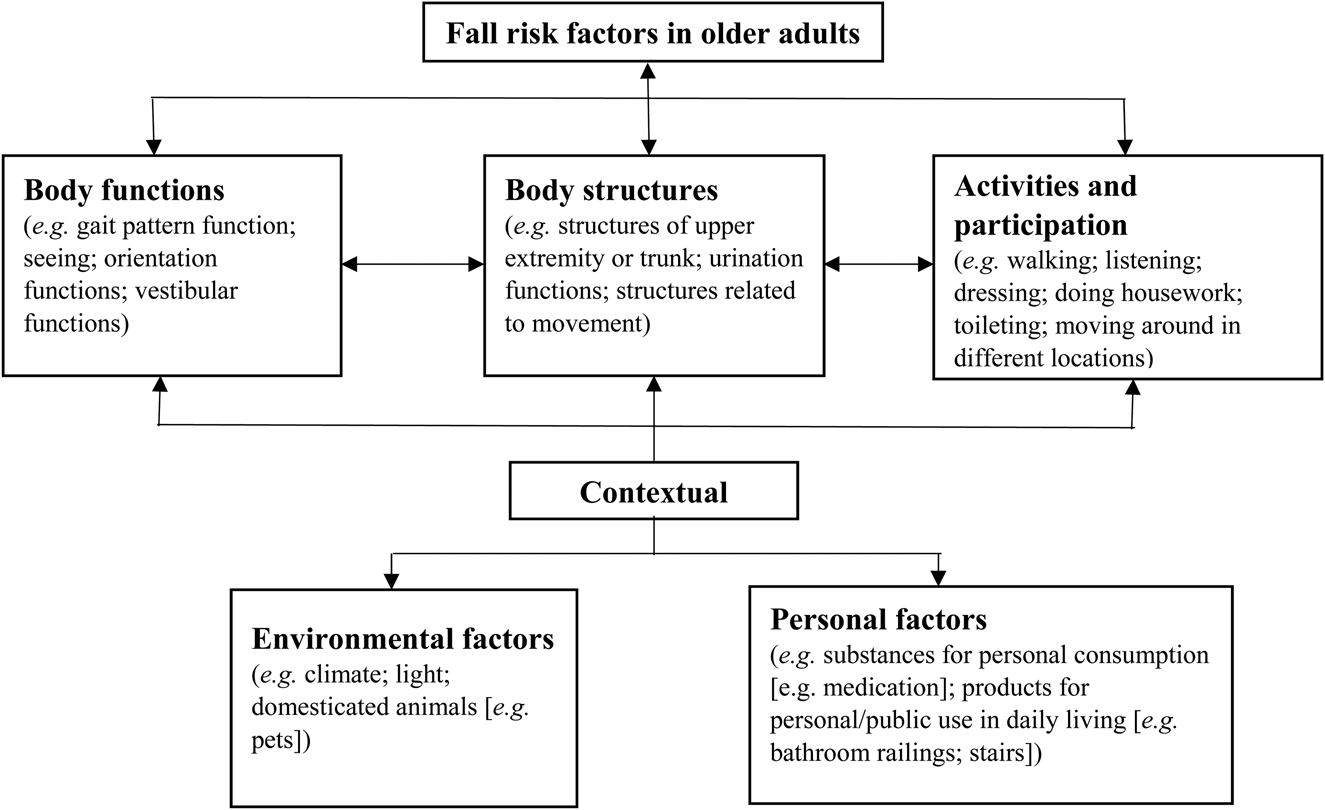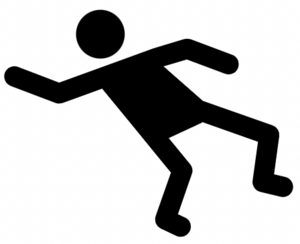Things about Dementia Fall Risk
Table of ContentsDementia Fall Risk - The FactsDementia Fall Risk - An OverviewRumored Buzz on Dementia Fall RiskDementia Fall Risk Can Be Fun For EveryoneFacts About Dementia Fall Risk Revealed
In the community, poor road illumination or unprotected creeks and landfills might likewise create mishaps. Autumns Risk Assessment Device (FRAT) is a 4-item falls-risk screening tool for sub-acute and property treatment. The FRAT has 3 sections: drop danger status, threat element list, and action strategy. A Fall Danger Status consists of data concerning history of current falls, drugs, emotional and cognitive condition of the client.If the person scores on a threat aspect, the matching number of points are counted to the person's fall danger rating in the box to the much. If a person's fall danger rating completes five or higher, the person is at high danger for drops. If the patient scores only four points or lower, they are still at some danger of dropping, and the registered nurse needs to use their best scientific analysis to take care of all loss risk elements as component of an all natural treatment strategy.
These common methods, in general, help create a risk-free environment that lowers unintended drops and marks core preventative steps for all patients. Indicators are crucial for clients at threat for falls.
Little Known Questions About Dementia Fall Risk.
Wristbands should include the person's last and first name, date of birth, and NHS number in the UK. Only red color must be made use of to signal special client condition.
Products that are also much might require the client to connect or ambulate unnecessarily and can possibly be a threat or add to drops. Assists avoid the client from going out of bed with no help. Registered nurses reply to fallers' phone call lights more rapidly than they do to lights started by non-fallers.
Visual problems can significantly cause drops. Hip pads, when put on appropriately, may decrease a hip fracture when loss takes place. Maintaining the beds closer to the flooring reduces the risk of drops and significant injury. Putting the bed mattress on the flooring substantially minimizes autumn danger in some health care settings. Reduced beds are made to minimize the distance a client falls after relocating out of bed.
A Biased View of Dementia Fall Risk
People that are tall and with weak leg muscles who attempt to rest on the bed from a standing position are likely to drop onto the bed because it's as well reduced for them to lower themselves safely. If a high individual attempts to get up from a reduced bed without help, the individual is most likely to drop back down onto the bed or miss the bed and drop onto the flooring.
They're created to advertise prompt rescue, not to prevent falls from bed. Aside from bed alarms, boosted guidance for risky people also may help avoid falls.

Patients with a shuffling gait boost autumn opportunities drastically. To minimize loss threat, footwear need to be with a little to no heel, slim soles with slip-resistant tread, and support the ankles. Recommend client to utilize nonskid socks to avoid the feet from gliding upon standing. Encourage patients to wear appropriate, well-fitting shoesnot nonskid socks for ambulation.
All About Dementia Fall Risk
People, particularly older adults, have reduced visual capability. Lighting a strange setting aids boost visibility if the client have to rise at night. In a research study, homes with ample lights report fewer drops (Ramulu et al., 2021). Enhancement click to find out more in illumination in your home may minimize loss rates in older grownups (Dementia Fall Risk). Using stride belts by all health treatment carriers can promote safety when aiding clients with transfers from bed to chair.

Sitters work for assuring a safe, protected, and safe atmosphere. Researches demonstrated very low-certainty proof that caretakers decrease fall risk in intense treatment health centers and only moderate-certainty that alternatives like video monitoring can reduce sitter usage without increasing loss threat, recommending that caretakers are not as helpful as originally thought (Greely et al., 2020).
Facts About Dementia Fall Risk Uncovered

Increased physical conditioning reduces the danger for falls and restricts injury that is sustained when loss transpires. Land and water-based exercise programs may be similarly advantageous on balance and stride and thereby reduce the risk for drops. Water workout may add a favorable advantage on balance and gait for women 65 years and older.
Chair Surge Exercise is an easy sit-to-stand workout that aids enhance the muscle mass in the upper legs and butts and improves flexibility and self-reliance. The objective check out here is to do Chair Increase exercises without making use of hands as the customer becomes stronger. See resources area for an in-depth instruction on exactly how to do Chair Surge exercise.
Comments on “Getting My Dementia Fall Risk To Work”